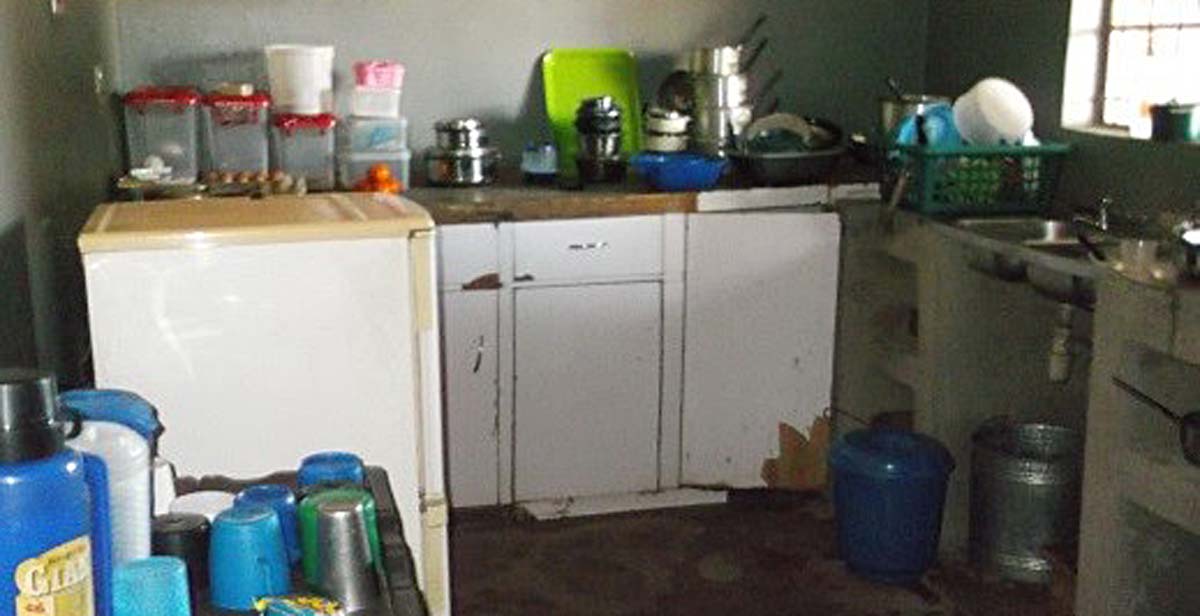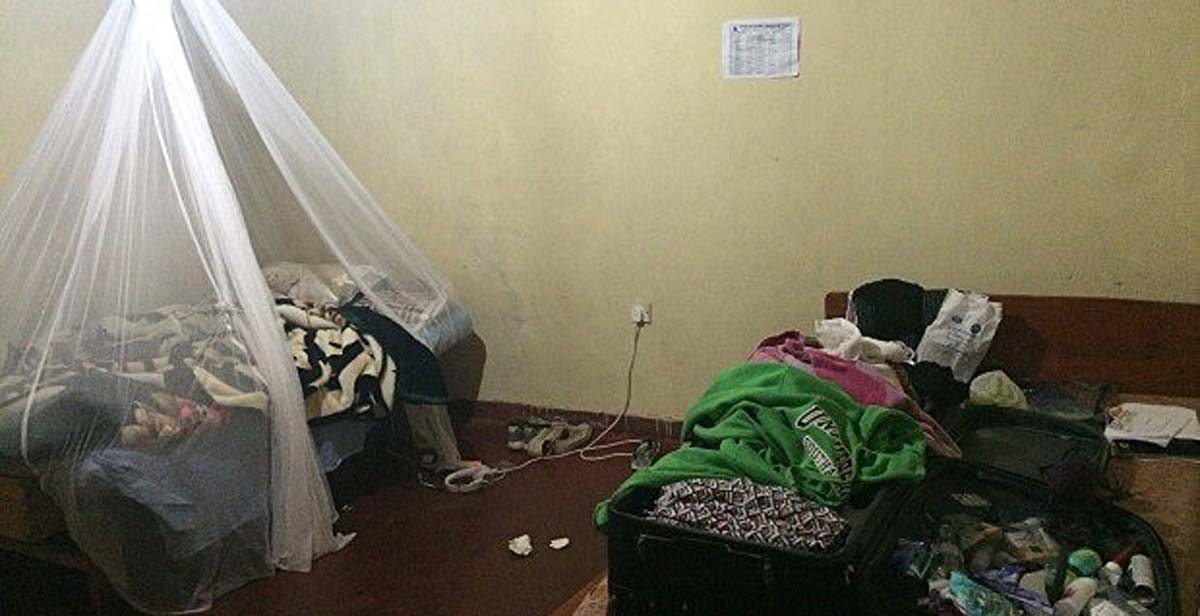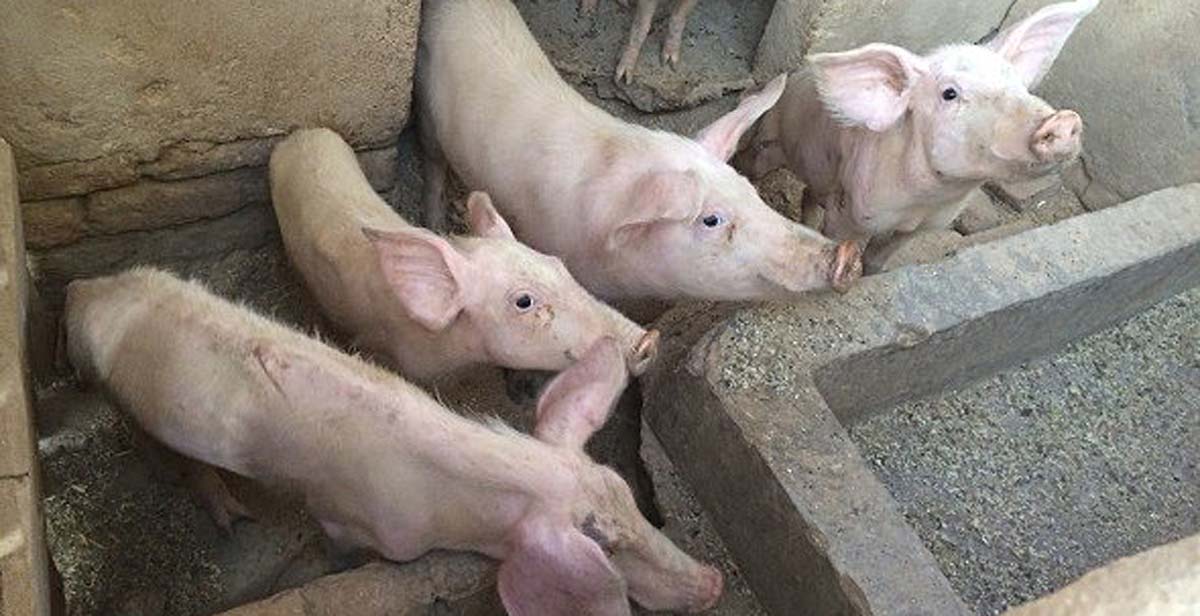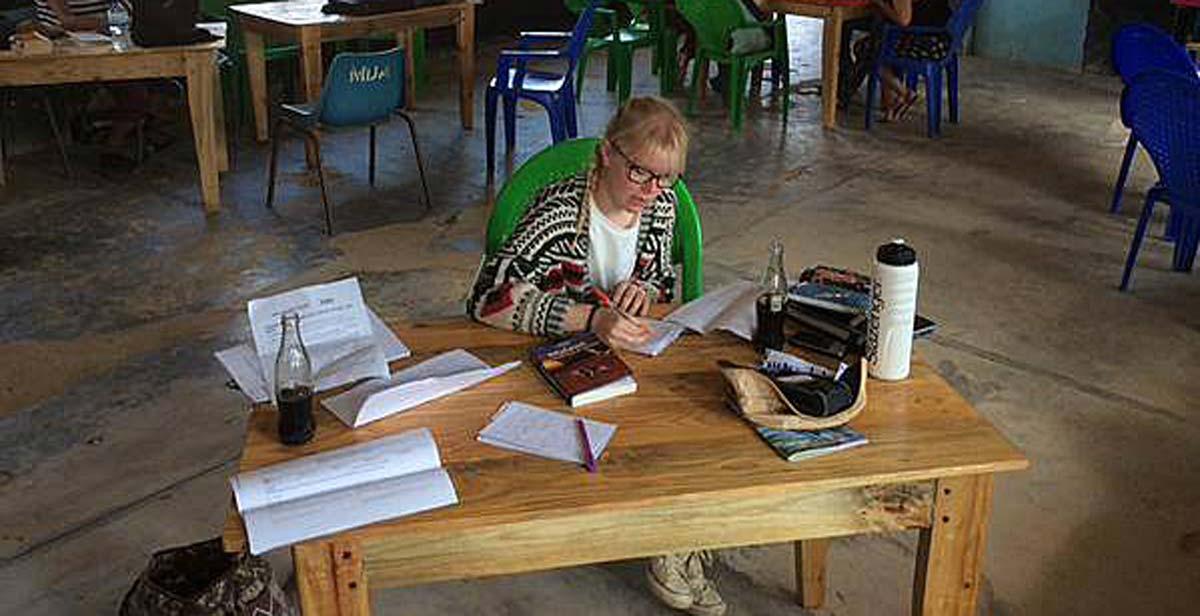Host homes and host families can sometimes be the most intimidating part of your 10 week Progressio ICS placement. But there is no need to worry! Your families will welcome you into their homes with open arms and for those 10 weeks you will become their son or daughter, they will introduce you to everyone as their own child. They really want you to be there, so there is no need to feel shy.
This is what to expect from your host homes:
Day to day life
In Malawi, the women of the family will wake up early, around 5am, to start the chores, which usually include cleaning, getting water from the outside tap, washing and sometimes cooking food to sell throughout the day. Generally, it is not expected that you wake up at this time though! I always ate breakfast at around 7am and it was usually set up by the time I woke up. After breakfast everyone goes to work.
At the weekends, I would go out and visit other volunteers and explore the traditional markets full of all things Malawian! Everyone arrives home from work at about 5pm and then the cooking for the evening is started. I personally found this a good time to do my washing, talk to the family or do any work that needed doing.
Dinner is served at around 7pm and usually the children will eat in the kitchen while the parents eat in the dining room though this varies from family to family. After dinner you can help with the clearing up (although my family never let me!). It is also the time when the family sat down to watch TV together, they love you to go and talk to them about the UK! At around 9pm, everyone starts settling down to go to bed and I would advise you to do so too!

Food
Food was one of the things many of the volunteers were most worried about. The main food in Malawi is called Nsima. It looks like mashed potato, but don’t be fooled, it doesn’t taste like it! It is made from maize flour and mixed with boiling water. It is served with small side dishes known as ‘relish’. These are usually a meat and a vegetable dish. The main meats eaten are beef, chicken and goat. Most families can’t afford vegetables so instead they eat stewed leaves such as mustard or pumpkin leaves.
Families tend to be very accommodating when it comes to foods that the UK volunteers do and don’t like, so foods such as rice, potatoes and spaghetti can be cooked instead. Bread is also available and a small selection of popular food such as chocolate and crisps tend to be available in the local shops. Most families cook on coals so food such as pizza and cake is not widely available. We would advise you to bring any foods you think you might miss such as ketchup and coffee! But be warned, sometimes the family like to help themselves!

Living conditions
I think the best advice we can give when it comes to your expectations is to keep them low, then you’re more likely to be pleasantly surprised. All the houses we stayed in had flushing toilets, however the flush was temperamental and obviously relied on the water supply, which wasn’t always the most reliable. At this point you have no choice but to use a pit latrine. All I can say about them is that they are not pleasant but they do the job! Most of the houses we stayed in had showers although only the more affluent families have them so don’t keep your hopes up as mine didn’t. Even if your house does have a shower it may not be hot. When a shower is not available then bucket washing is your only option. After a couple of washes, you learn how to do this without getting too cold! The bedrooms are again basic, they are not decorated and have limited amounts of storage. It is advisable to bring flip flops, the floors around the house are all hard and cold!

Many of the families in Malawi will keep a few animals, including pigs, chickens and goats.
Things to pack that you may not think about
- Flannel or shower scrunchie - essential for bucket washing!
- Don’t bring anything white!
- Head torch
- Laptop (extremely useful at work and also for the evening)
- Entertainment for the evenings, we all brought laptops with films on them
- Unlock your phone BEFORE you come out
- A few plastic bags - good to use for dirty washing and rubbish
Written by ICS Alumni Georgina Martin (Team Chitemwa Mzimba, July - September 2015 cycle)



